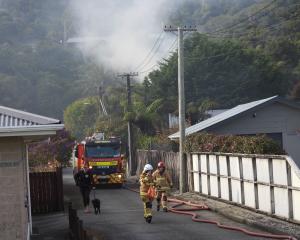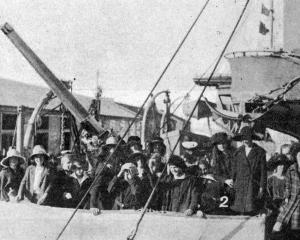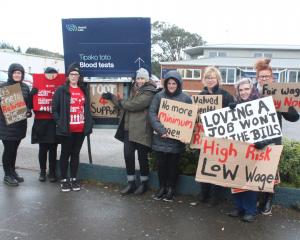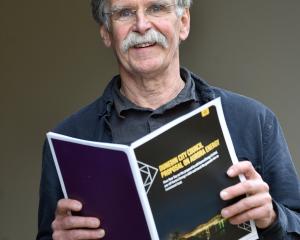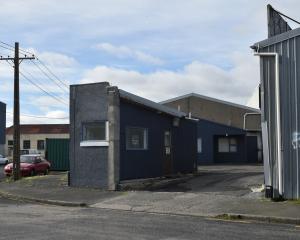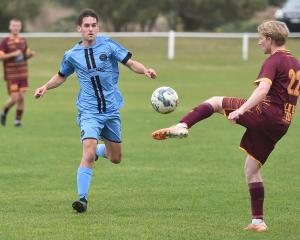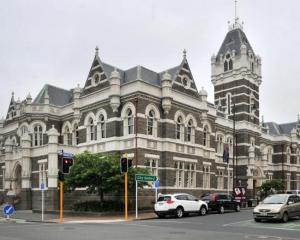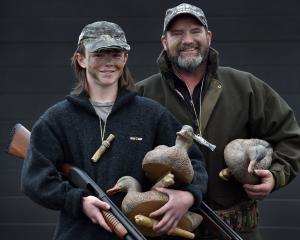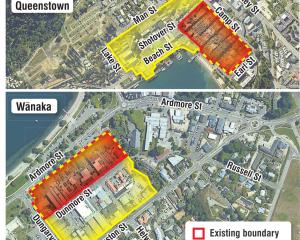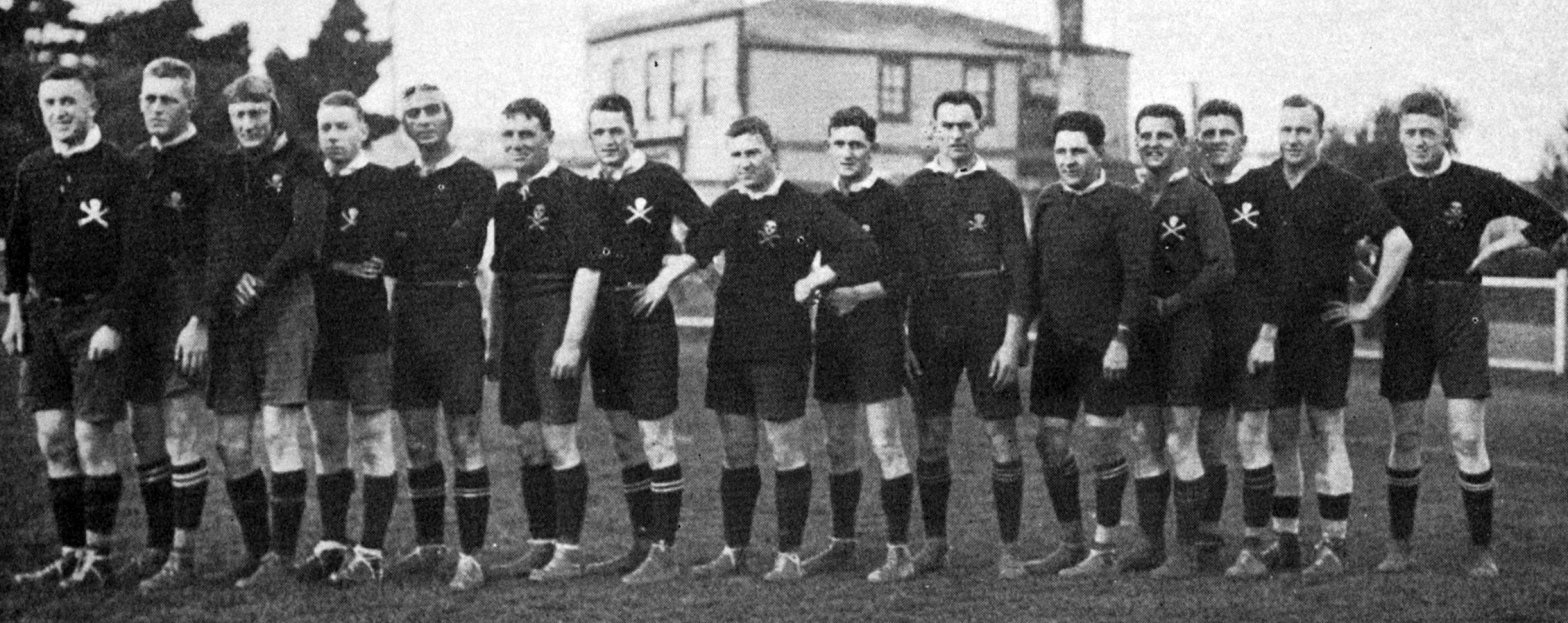

Whakaari fertiliser development
Major A.G. Kent-Johnston, representative of the White Island Sulphur and Fertiliser Co is visiting Tauranga. He states that a contract has been let to Messrs Henderson and Pollard, of Auckland, for the construction of quarters for the men to be employed at White Island, and that this work will be commenced in about a fortnight. As soon as the buildings are erected the contractors will proceed to bag the guano, of which there is a large quantity ready for shipment. At the same time the sampling and the analysing of the mineral deposits will be prosecuted. Major Kent-Johnston states that there is no truth in the reports so widely circulated that high wages will be paid to the men to be employed on White Island. As a matter of fact all work is being arranged for on a contract basis. — by ODT Auckland correspondent
I’ve been working . . .
To the editor: Sir, — I would like to show your readers the other side of the picture of the life of the lower-paid workers on the New Zealand Railways. I have spent 16 years in the railway service, and my present wage is 16 shillings 2 pence per eight-hour day, paid for by the hour. We are paid for 88 hours per fortnight. Superannuation payments absorb 17s 10d every four weeks. Out of the balance of my wages I have to provide food, clothing and boots for eight persons. The work of the maintenance branch being extra hard on boots and clothing, these are a very big item in the cost of living for the maintenance men. In my own case the best suit of clothes I have I bought in 1916. The best pair of light boots I had lasted me 11 years. The best hat I have is four years old. As I have not any money to spare for holidays, they are likely to last me a long time yet. My wife has been able to get a new dress for herself only every two or three years. As for amusements, since I was married 12 years ago I have been to one sports meeting and had one day at a race meeting. I do not bet, am a very light smoker, and also a very moderate drinker. Yet for the last 10 years I have never made enough on the railways to keep my family properly clothed. Almost every day I have had off duty from the railway I have either worked for farmers or been rabbiting etc. I have worked for someone every day of my annual holidays most years to get some extra money so as to be able to pay my way.
As for the annual passes for myself and family, I have not travelled 100 miles in the 12 years since I was married, and for the last eight years or so I have not had a pass issued for my wife, simply because we never had money or clothes to go for a holiday with. The same applies to hundreds of maintenance men and their families. For myself, I have to make about £50 a year outside the railway to keep my family. In the 16 years I have been on the railways I have not earned £5 in overtime. — I am, etc, a ganger, New Zealand Railways — ODT, 21.4.1924
Compiled by Peter Dowden

